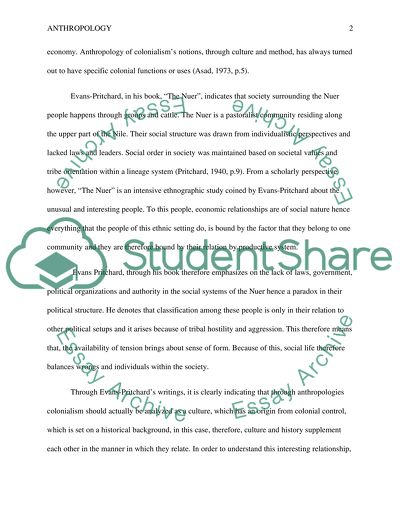Cite this document
(“How have anthropologists responded to colonialism in different Essay - 2”, n.d.)
How have anthropologists responded to colonialism in different Essay - 2. Retrieved from https://studentshare.org/anthropology/1436563-how-have-anthropologists-responded-to-colonialism
How have anthropologists responded to colonialism in different Essay - 2. Retrieved from https://studentshare.org/anthropology/1436563-how-have-anthropologists-responded-to-colonialism
(How Have Anthropologists Responded to Colonialism in Different Essay - 2)
How Have Anthropologists Responded to Colonialism in Different Essay - 2. https://studentshare.org/anthropology/1436563-how-have-anthropologists-responded-to-colonialism.
How Have Anthropologists Responded to Colonialism in Different Essay - 2. https://studentshare.org/anthropology/1436563-how-have-anthropologists-responded-to-colonialism.
“How Have Anthropologists Responded to Colonialism in Different Essay - 2”, n.d. https://studentshare.org/anthropology/1436563-how-have-anthropologists-responded-to-colonialism.


